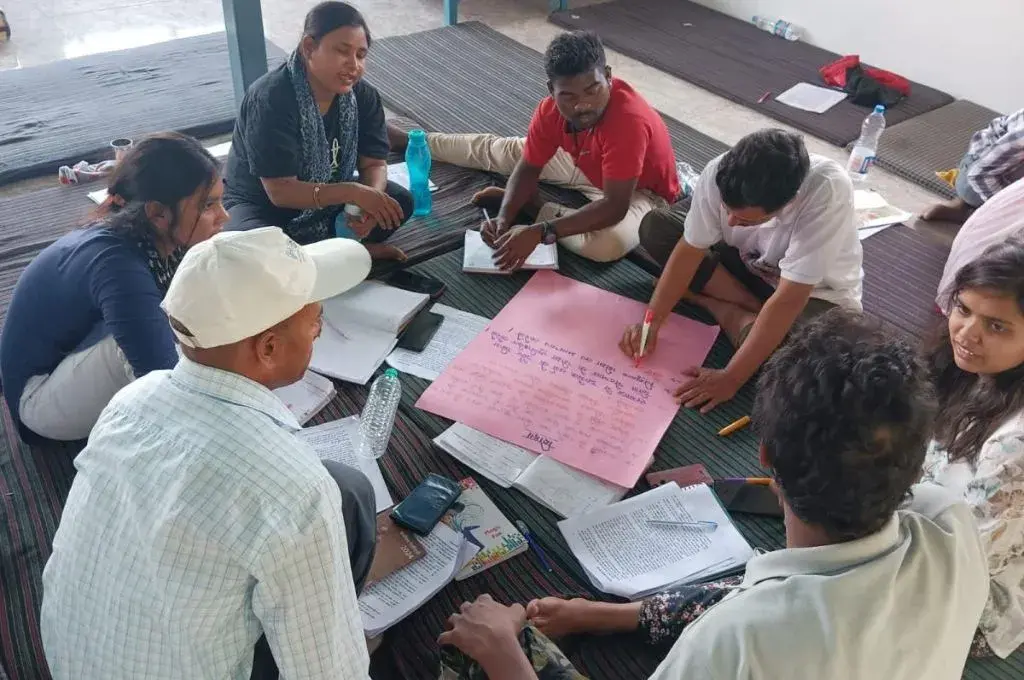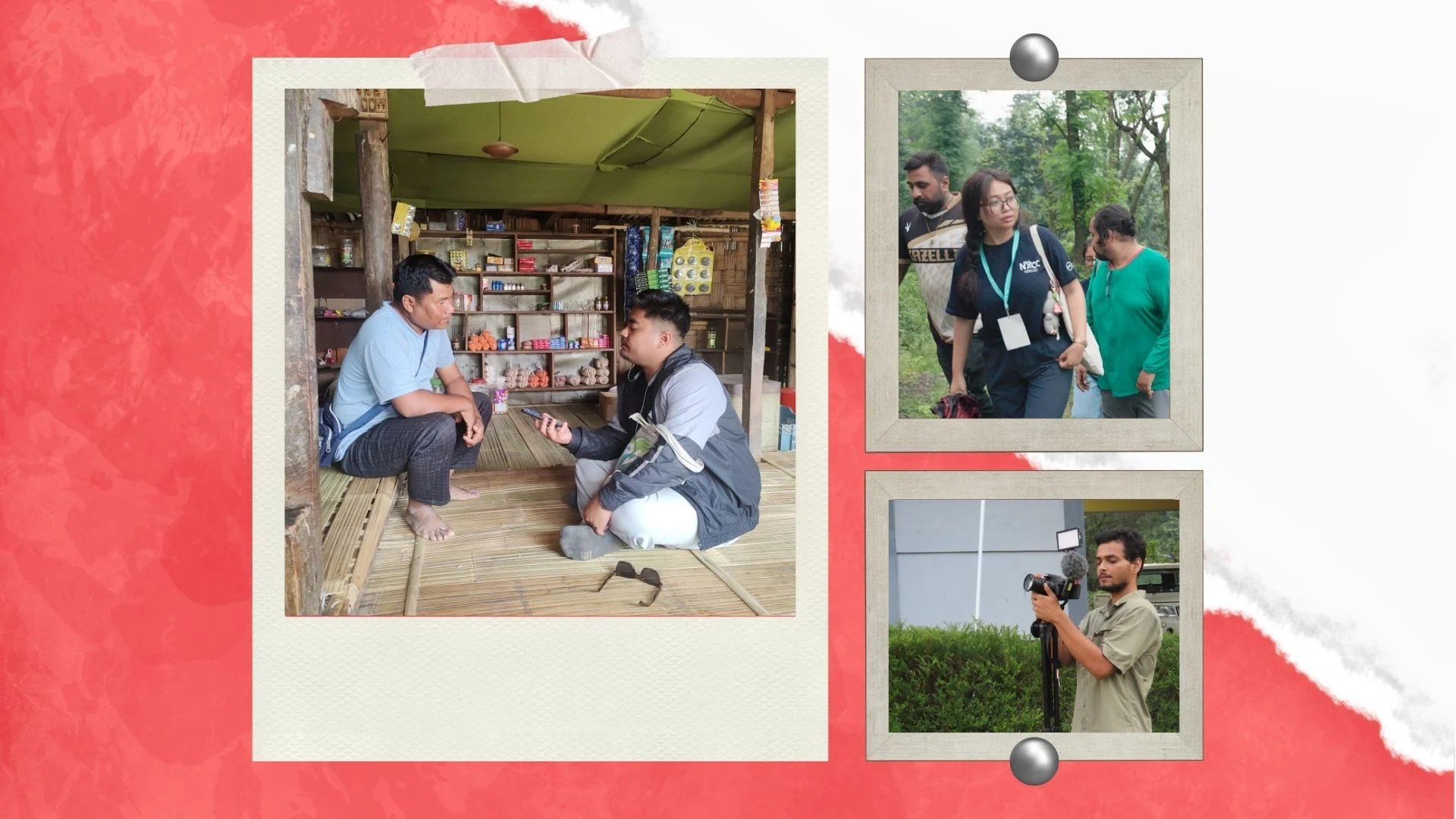The genesis of an organisation—be it in the private sector or in civil society—may often be traced to one or two people who have an entrepreneurial idea. The beginnings are similar, although their inspiration may be different; the former may be inspired to bring something new or different into this world, and the latter to make a difference to the lives of people.
These entrepreneurs play the role of ‘leaders’ to guide their organisations through the challenges that the environment throws at them. As the organisation matures, the owner-entrepreneurs begin to worry about ‘succession’.
In the Indian private sector especially, this issue is often resolved by grooming one’s progeny and putting them on a ‘fast track’, so that in a couple of years’ time, they are able to take on the mantle of leadership of the organisation. If there is more than one offspring, the entrepreneur (or the promoter) divides the organisational space into significant chunks and allocates these areas to the children—one amongst them being eventually designated as the ‘leader’.
Related article: Five steps from good to great
The situation in the nonprofit world is somewhat different. For one, the founder’s children may be interested in pursuing a vocation other than what the founder had embarked upon and built. For another, nonprofits may profess to run a ‘professionally’ managed ‘democratic’ set up.
Building professionally managed organisations
According to me, one significant criterion determines a professionally managed organisation: when the junior-most employee of an organisation has the theoretical possibility of becoming its head, that organisation can be said to be professionally managed.
[quote]The majority view does not necessarily prevail in a democracy.[/quote]A democratic set up would involve processes by which the majority view does not necessarily prevail; rather consensual decision-making is the norm and influence is more widely distributed across the organisation.
Thus, although the beginnings of organisations in the private sector and civil society may be similar, the aspired-for processes of management may differ significantly.
Now, whoever said that democracy was easy to practice? Democratic practice is many times more difficult than autocratic behaviour. According to social psychologist Kurt Lewin, “Democracy has to be re-learned afresh by every new generation.” Autocratic behaviour seems to be the default option due, perhaps, to an individual’s urge to be in charge of their destiny. Democratic behaviour seems to be a ‘cultivated’ phenomenon; people seem to need to be schooled in the processes of democracy.

Democratic practice is many times more difficult than autocratic behaviour | Photo courtesy: Pixabay
What makes a leader?
[quote]’Followers’ need to be able to recognise their rights, and show the ‘leader’ the direction to be followed.[/quote]There are no leaders without followers. The phenomenon of leadership can only be understood in the context of followers or a group or a collective. Leadership cannot be conceived of in a vacuum. Today, the world, having borrowed heavily from the West, is obsessed with identifying a ‘leader’—as if that individual will be the saviour or path illuminator of an organisation.
This approach consistently ignores the fallacy of such a focus. What we need, on the contrary, is responsible ‘followership’—where ‘followers’ develop their ability to recognise their rights, are able to engage in responsible dissent, and show the ‘leader’ the direction to be followed.
What can nonprofits do to build this culture?
In many nonprofits, we must build, groom and nurture groups and collectives of people, who carry out the tasks of management and exercise influence in the system. Rather than trying to identify a single person as a prospective leader, the organisation should equip itself to have access to a group of potential ‘leaders’—almost any one of those being well-rounded enough to take on gate-keeping and spearheading responsibilities that most leadership positions require.
For this to happen, the entire organisation needs to have systems and processes that nurture democratic governance and management—beginning with the selection process, goal-setting and performance reviews, to upward mobility and selection of the eventual leader.
Related article: Nonprofit boards: Three practices to ensure good governance
Group-based processes such as group decision-making and sociometry, at different levels of the nonprofit provide people the experience of democratic functioning (including all the challenges associated with it), help them develop perspective and understand each other’s points of view, teach them to sometimes subordinate one’s will to the wisdom of the group, and encourage collaboration rather than competition.
[quote]Organisations need to have systems and processes that nurture democratic governance and management.[/quote]These also provide an opportunity for decision-makers in the organisation to gather evidence about people, who seem to emerge as true leaders by their ability to inspire as well as carry a group along with them. True, some leaders eventually perform better than others but the organisation does not agonise over who their next leader will be. And in this sense, they face no leadership ‘crisis’.
To reiterate, democracy in an organisation is very difficult to put into practice. However, if any nonprofit would like to go down this path, it needs to begin with having processes wherein a group or a collective decides on all significant issues.
It is all too dangerous to put the fate of an organisation into the hands of one single person. I think we are all witness to the consequences of such a line of thought and action.





